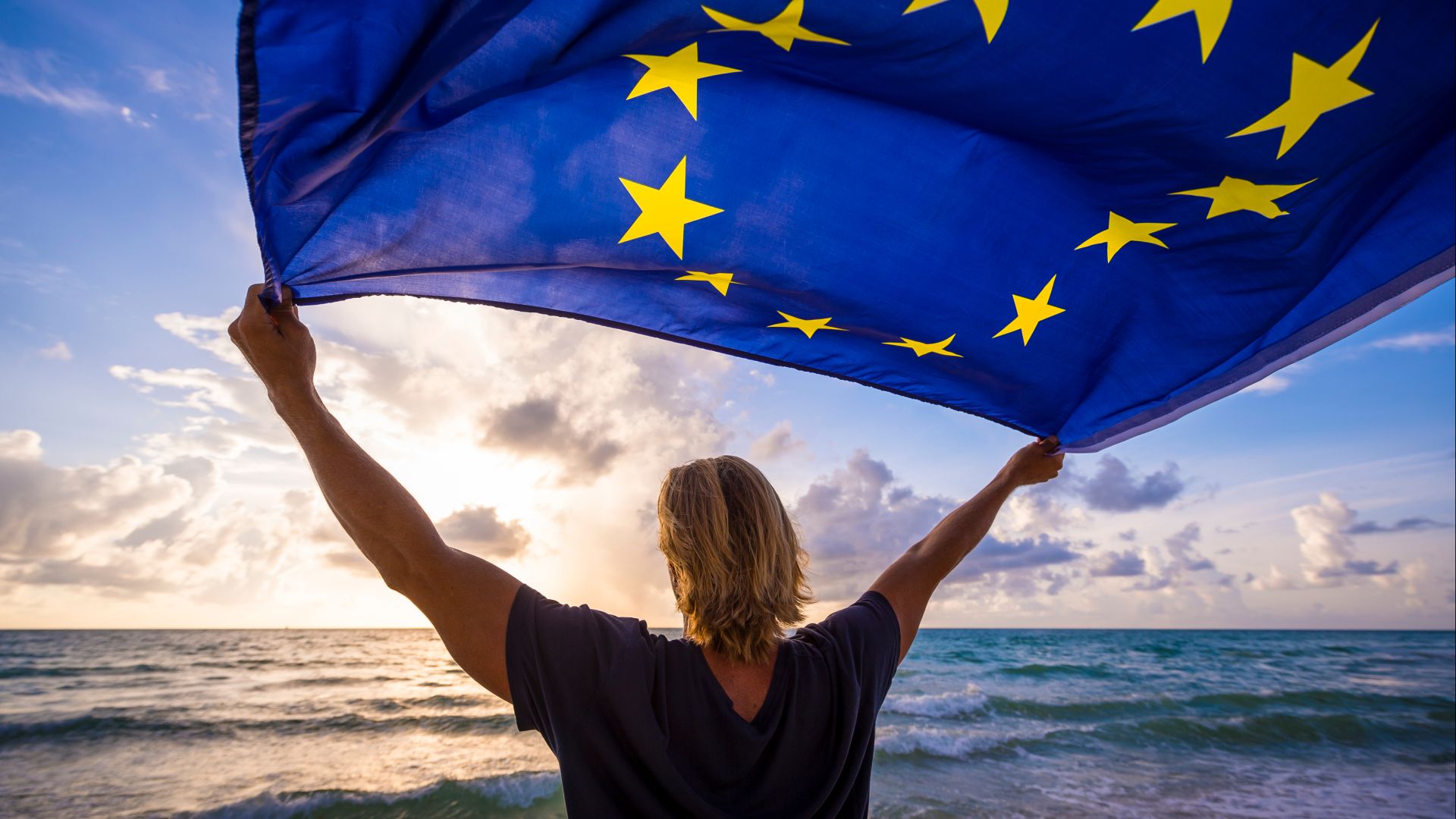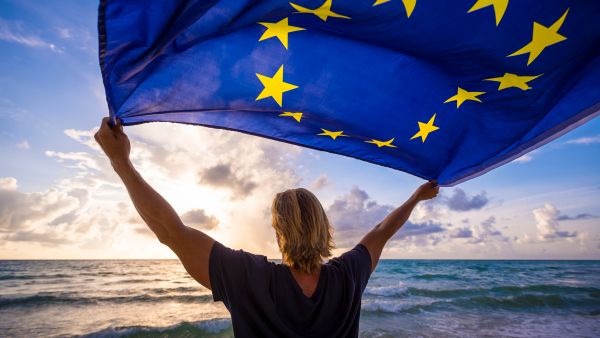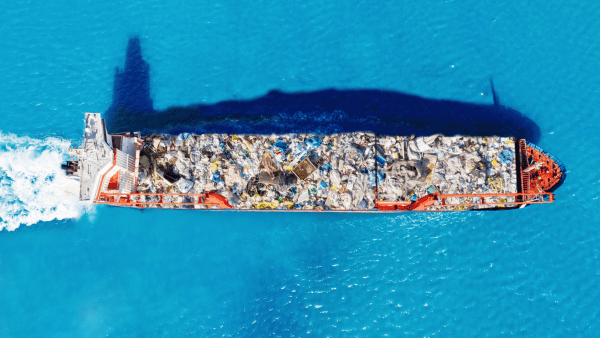As the European Commission is set to unveil its long-awaited European Ocean Pact this Thursday - ahead of the U.N. Oceans Conference taking place in Nice (France) on 9-13 June - the S&D Group is urging the European Union to rise to the moment. The time for vague commitments and soft policies is over. What Europe needs now is a bold, binding, and ambitious plan to confront the accelerating environmental, geopolitical, and social threats facing our oceans and coastal communities.
For the S&Ds, the Ocean Pact represents a historic opportunity—but only if it comes with a concrete roadmap, and enforceable and measurable targets. It must become a real instrument to fight the climate and biodiversity crises, strengthen European sovereignty in an increasingly unstable world, and deliver tangible improvements for coastal communities and fishers.
Christophe Clergeau, S&D co-vice-president for the Green Deal, said:
“The recent authorisation of deep-sea mining by the United States is a stark warning: our oceans remain under siege. Europe must lead the resistance against this ecological destruction. Oceans are the world’s largest carbon sink. They are one of our greatest natural allies in the climate fight—yet we continue to allow them to be plundered. We must act to restore our oceans, protect marine biodiversity, deliver a zero-pollution agenda and a treaty on plastics, end destructive practices like deep-sea mining, ensure sustainable fisheries, and decarbonise maritime transport. Since polluted oceans mean no biodiversity, no food and no future, it is imperative that we protect 30% of ocean areas by 2030, including 10% under a high level of protection, notably through marine protected areas.
“In an increasingly unstable world, Europe cannot afford to sleepwalk through its responsibilities. With 25 million km² of Exclusive Economic Zones, the EU is the largest maritime power on the planet. It’s time to stop acting like a sleeping giant. Reclaiming our sovereignty in food systems, blue renewables energies, and defence starts with taking bold, strategic action at sea.
“This is also a matter of social and economic justice. Forty percent of EU citizens live in coastal or island regions. The Ocean Pact must deliver high-quality jobs in fisheries, tourism, and green marine industries—backed by public investment, skills training, and support for European-built ships in short-sea shipping. To seize these opportunities, we need to introduce a maritime mainstreaming principle to adapt existing and new legislations to maritime specificities.
“And we must not ignore the social realities in islands, coastal areas and outermost regions: soaring housing prices, shrinking public services, and growing inequality. The Pact must include a strong social pillar—ensuring affordable housing, tailored support for remote areas, and real investment in education, infrastructure, and services, with strong links to cohesion policy and close cooperation with local and regional authorities.
“If the EU wants to lead by example, it must prove it with ambition and efficient action. This starts by fully implementing existing legislation—not by watering it down in the name of simplification. To succeed where we have previously fallen short, we need stronger transnational cooperation through sea basin strategies, and the coordinated revision of the Maritime Spatial Planning (MSP) Directive and the Marine Strategy Framework Directive (MSFD). The Ocean Pact, in order to become a turning point, must translate into an Ocean Act, a legislative text, with clear, binding commitments that deliver on the ground.”











